The Olympic Games in Rio de Janeiro are only a month away, but talks of the Zika virus, lacking infrastructure and rising crime has run rampant. And a recent spate of homophobic and transphobic violence brings up a more specific concern.
The New York Times reported three recent murders that exemplify the trend. In each case, these victims were either gay or transgender, they were not robbed, and no action has been taken to apprehend suspects.
According to Grupo Gay da Bahia (GGB), the oldest Brazilian LGBT rights organization, these murders are indicative of a much larger problem. By GGB's count, nearly 1,600 people have died in hate-motivated attacks in the past four and half years in Brazil.
What's worse is how victims of these hate crimes are often exposed to more discrimination and hate from law enforcement. The crimes are seldom reported, and many conservative and evangelical politicians, who have enjoyed an uptick in popularity in recent years, have resisted progressive legislation, such as teaching tolerance in schools.
These figures stand out in stark contrast to Brazil's--and specifically Rio de Janeiro's--long and storied gay history. Regarded as the premier South American destination for LGBT travelers for years, and a haven for trans people seeking medical operations, Brazil was among the first countries to offer free antiretroviral drugs to people living with HIV in the mid-90s, and in 2003, it became the first Latin American nation to recognize same-sex unions for purposes of immigration.
But now, the continued violence calls such progressive moves into question. In addition to dealing with the strain of preparing for the Games (and fighting Zika), Brazil is still reeling from a recession, unemployment, and an impeachment process against its president, Dilma Rousseff.
The Times pegs street crime up 24 percent this year, and homicides have increased by more than 15 percent. Many agree that this is being felt the hardest in the gay and trans communities. "Homophobic violence has hit crisis levels, and it's getting worse," said Jandira Queiroz, the mobilization coordinator at Amnesty International Brazil.
Similar to the Winter Games in Sochi, in 2014, when many athletes and public figures spoke out against Russia's homophobic politics, we hope for and expect an outcry as we get nearer to the opening date, on August 5th.



















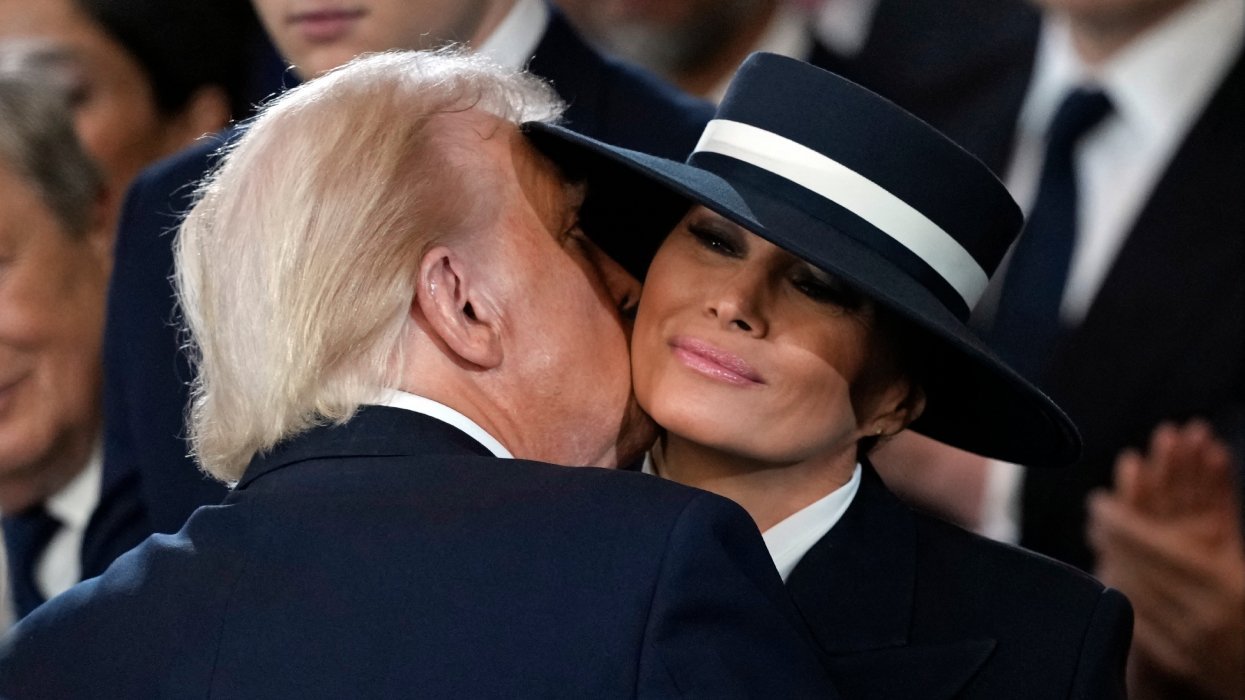


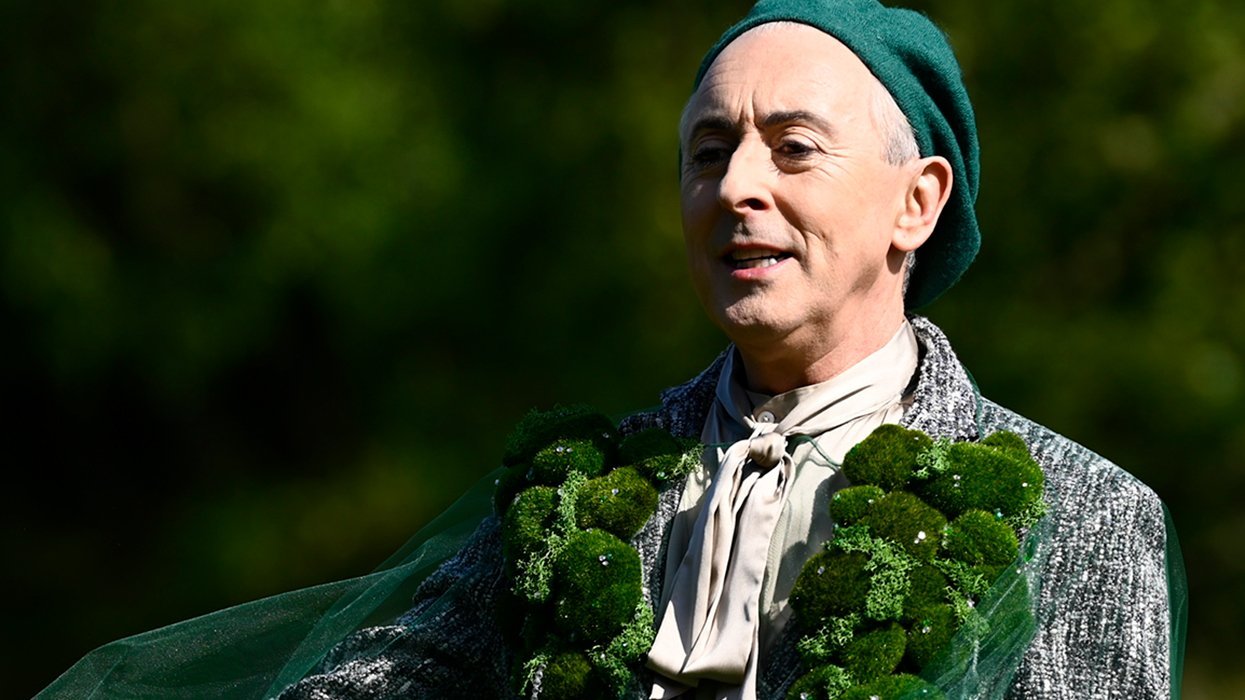
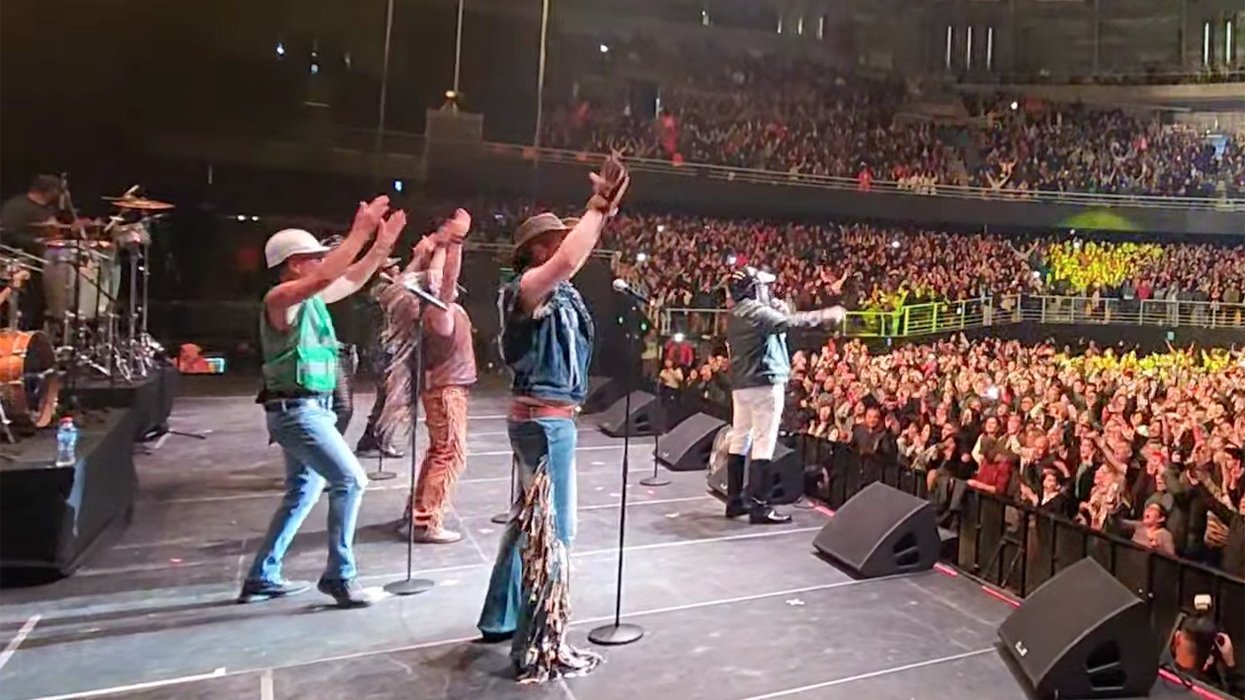

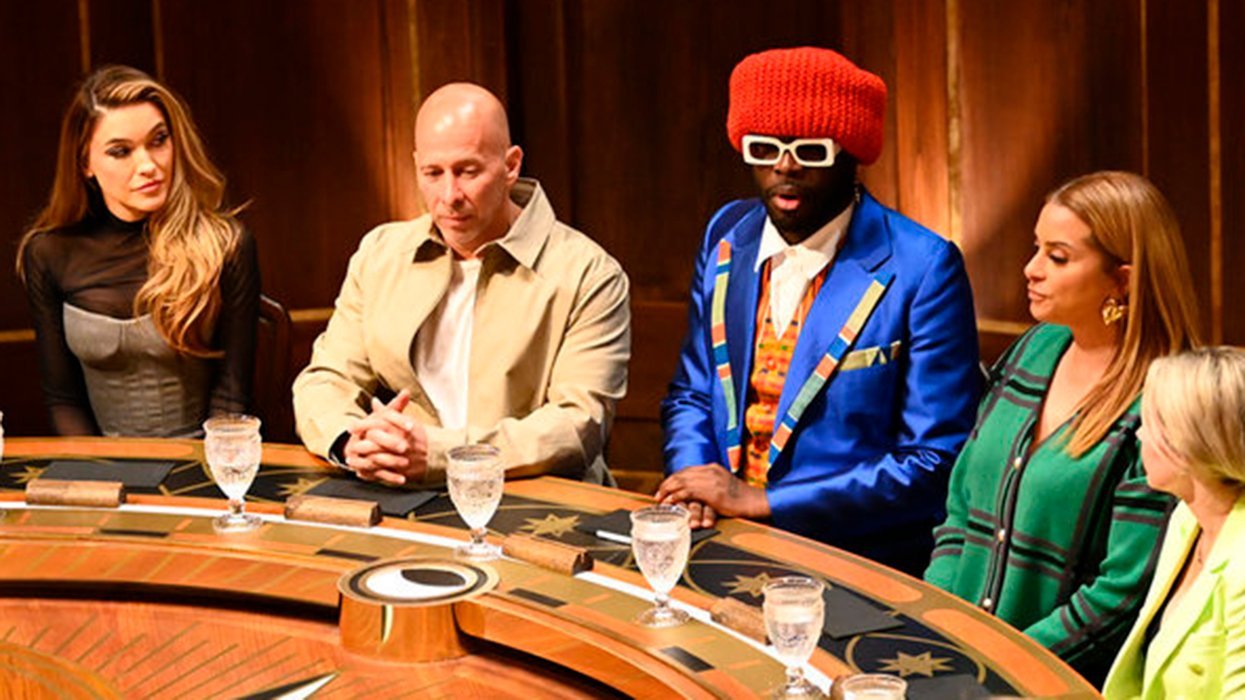
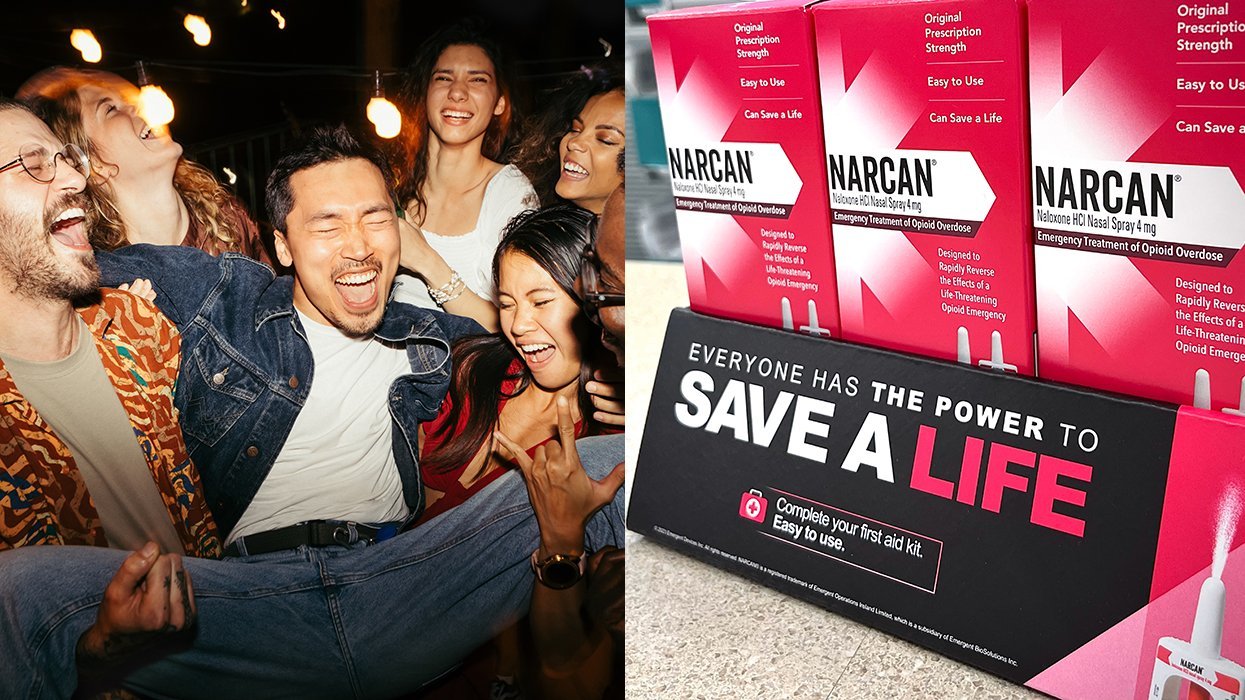
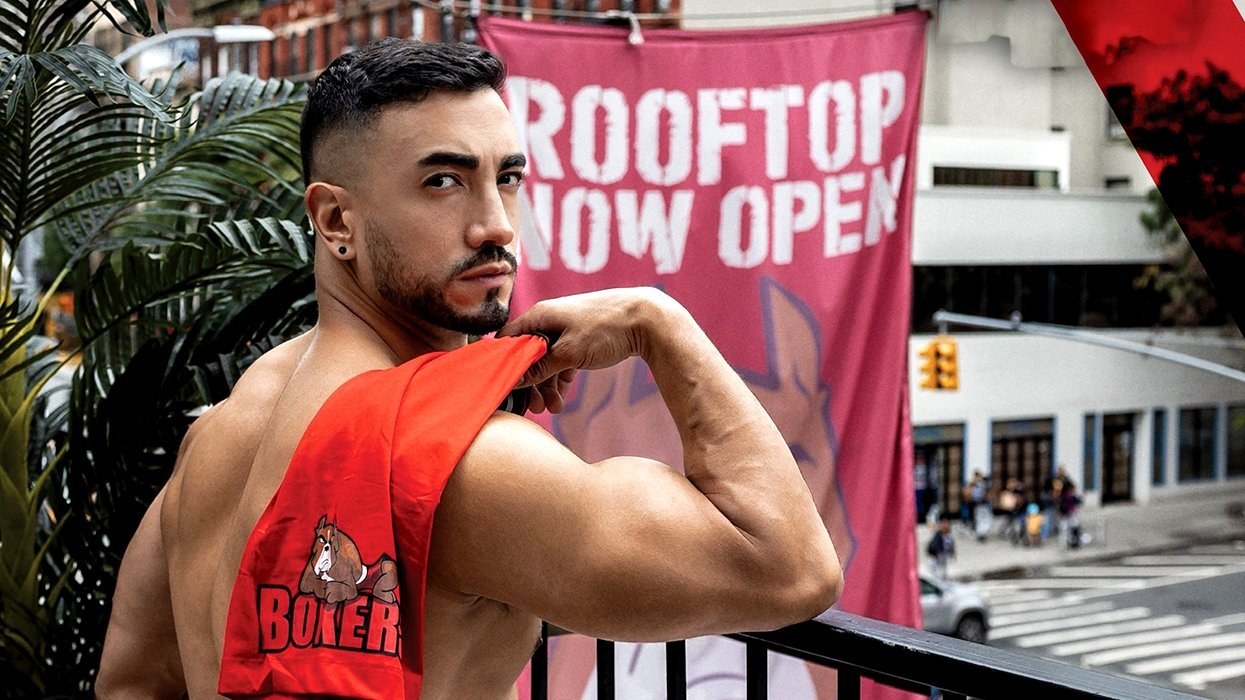
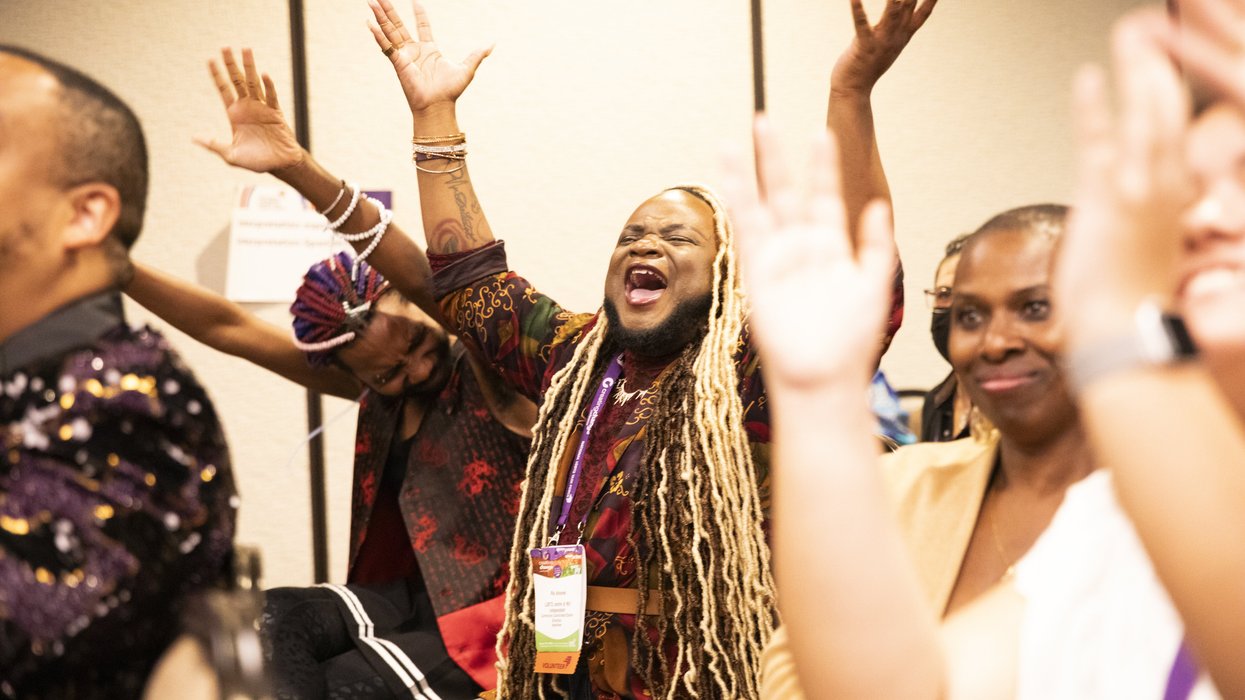
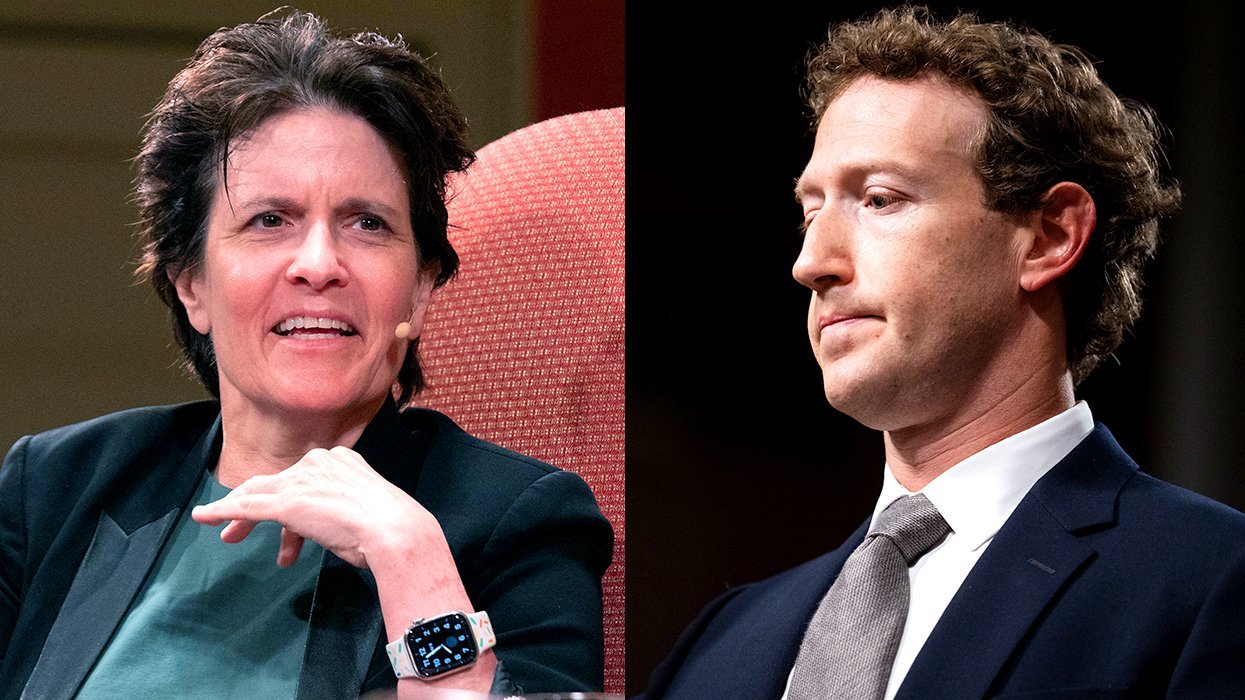
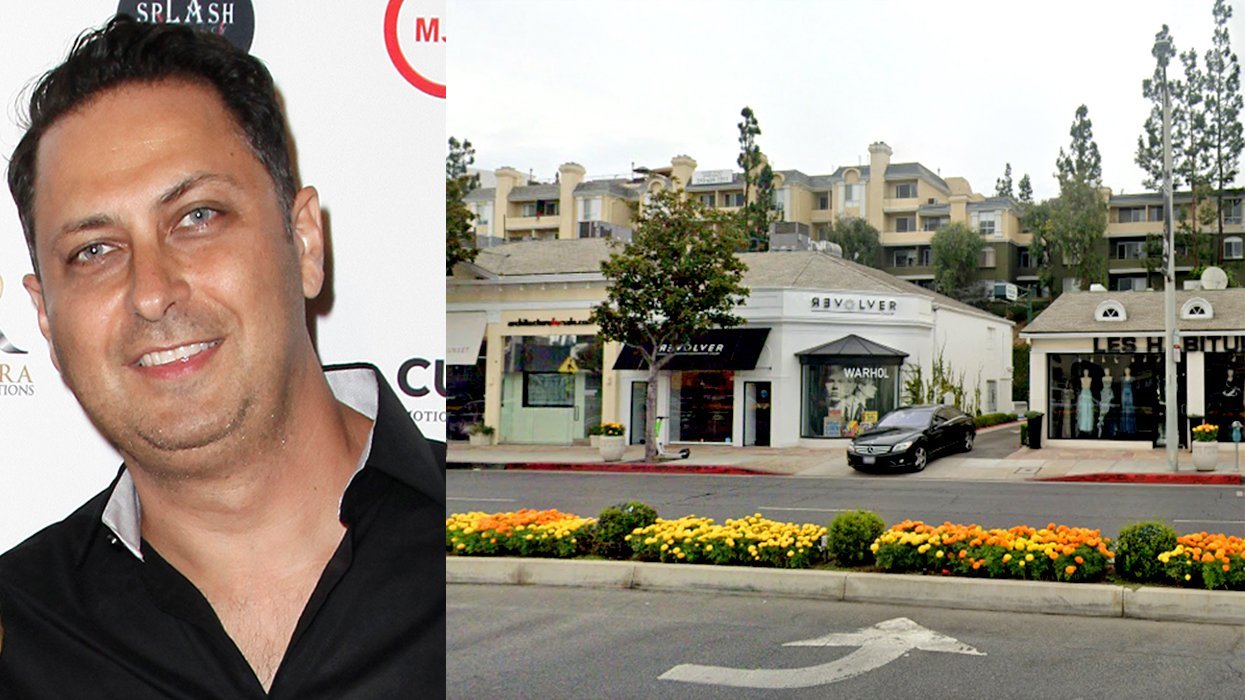
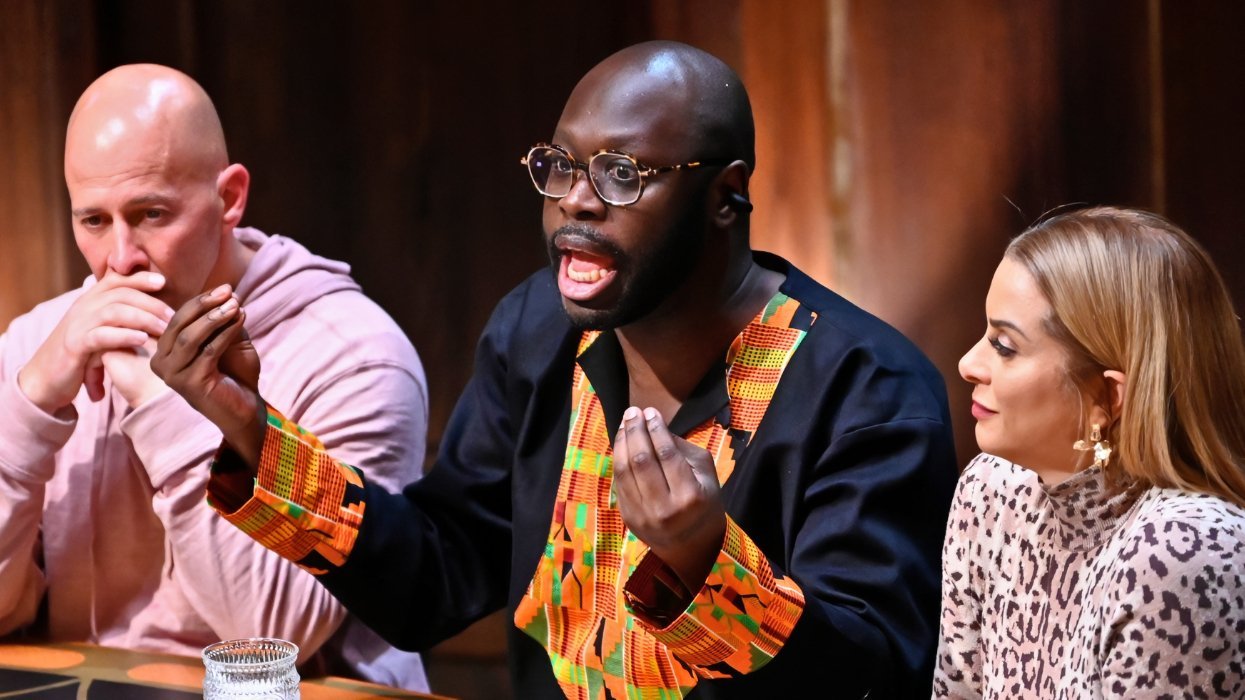
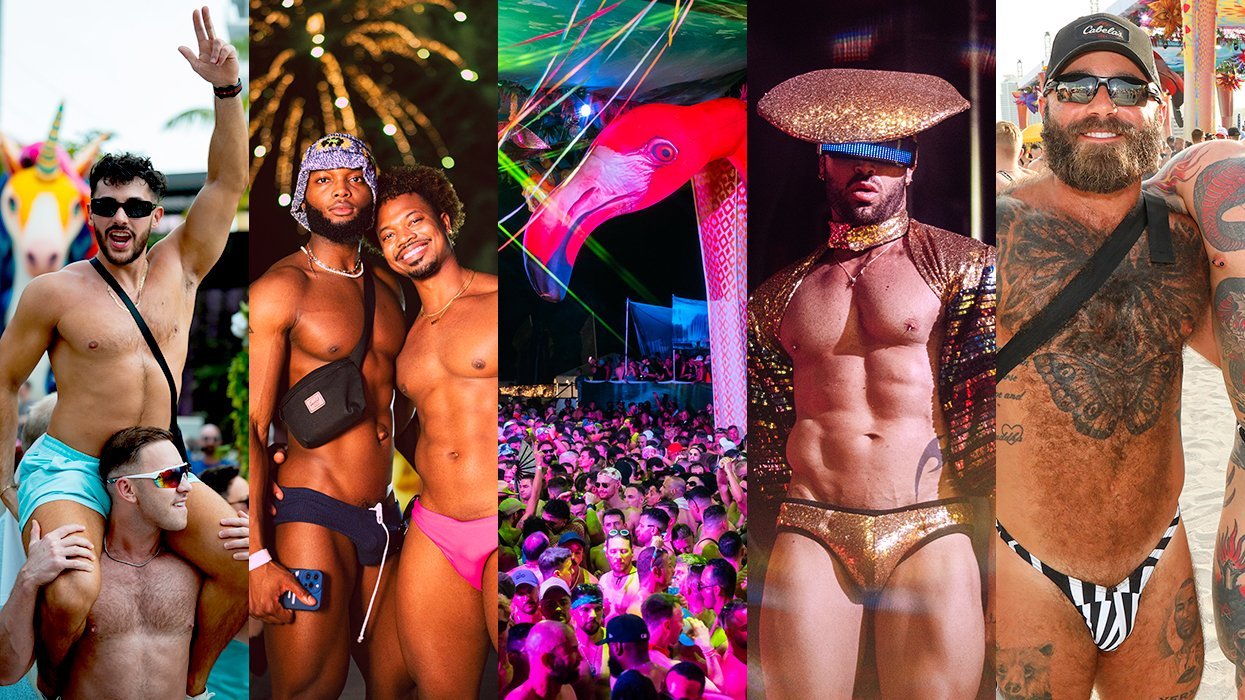

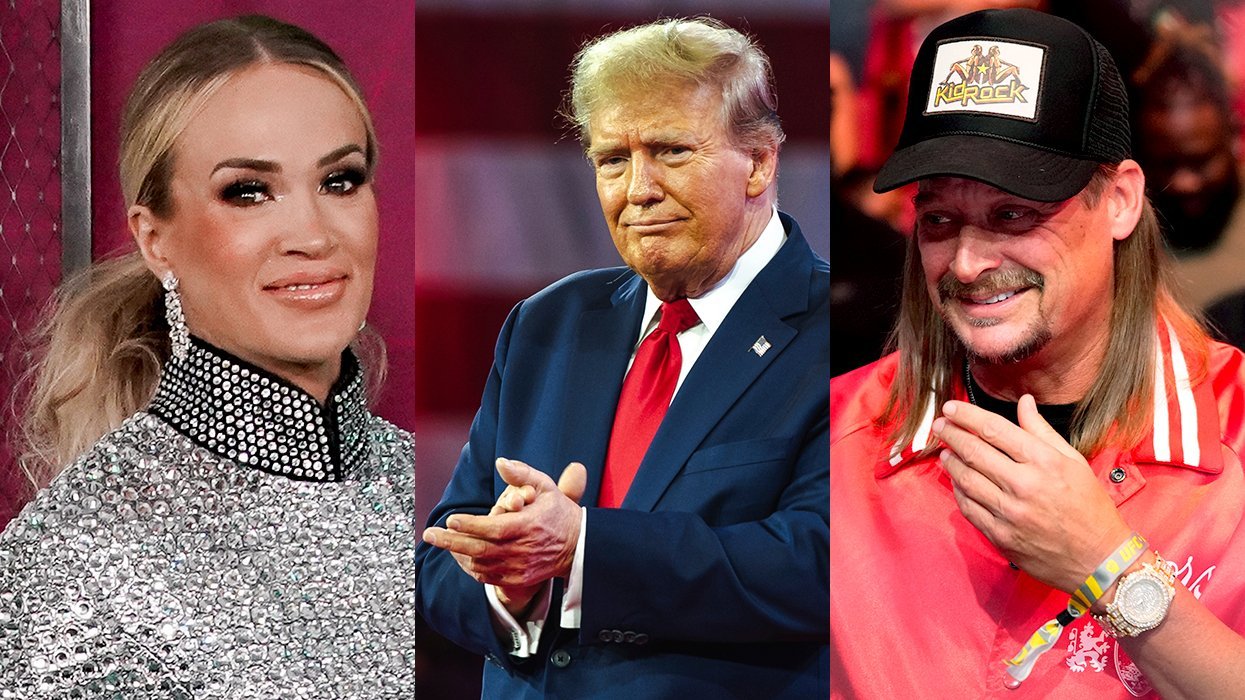




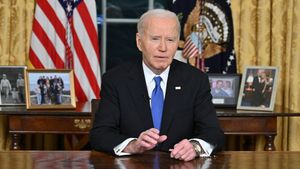


































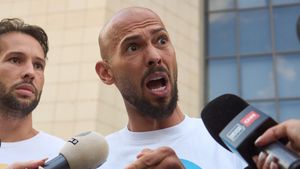









Beware of the Straightors: 'The Traitors' bros vs. the women and gays